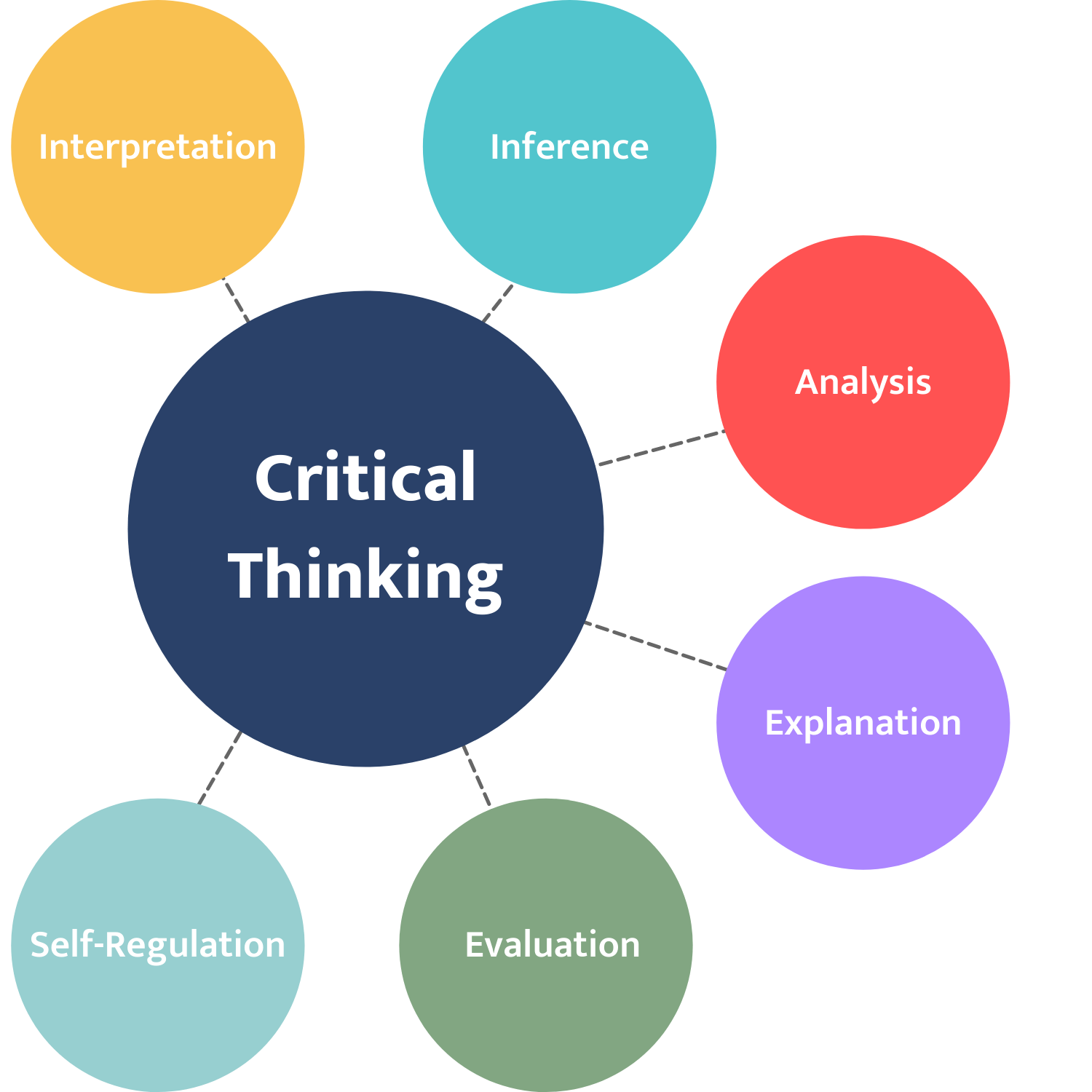
It’s Active
Empower your students to apply theory to practice through an experiential learning experience that encourages a growth mindset and builds critical thinking skills.
It’s Collaborative
Build a sense of community and nurture their interpersonal skills by having your students work in teams and solve problems with no right answers.
It’s Supportive
With access to digestible insights, auto-grading capabilities, and end-to-end support, professors can enhance learning outcomes without the additional hassle.
We help business professors increase their course impact without increasing their workload.
Our Flagship Product
The Intro to Business Game
Tailor-made for first and second-year students, our business simulation game is a fun active, and collaborative project that achieves many important learning outcomes in your introductory business curriculum. Built to address the pain points of large class sizes, our level of support for students and instructors is unmatched.
We do everything we can to ensure that you can provide a world-class business education to your students at speed and scale.

Professor Justin McGlothin, Miami University Farmer School of Business
“Market Games provides the missing piece to my Foundations of Business course…The application. Market Games not only introduces the different functions that make a business work, but also allows my students to apply the skills that we spent the first six weeks on - critical thinking, teamwork, problem-solving - and get real feedback quickly in a team environment.”
Build Critical Thinking Skills
Learning how to think is all about inspiration and repetition.
Freshman and sophomore students are not often accustomed to active learning. We provide a risk-free, problem-based learning environment that introduces students to realistic decision-making.
In the game, students are solving a problem with no right answers. Students must think critically in order to transform learned theoretical knowledge into winning business strategies in a collaborative and competitive simulated market.
Navigating uncertainty will awaken students to the significance of critical thinking in their success, which will inspire them to learn and practice this mindset in all areas of life.
Nurture Collaboration Skills
Teamwork makes the dream work.
As students work with teammates from diverse backgrounds with differing beliefs, work ethics, priorities, and communication styles, they learn more about themselves and improve their teamwork and communication skills. Peer assessments are easy to deploy and are auto-processed, which enables students and professors to receive and act on feedback insights throughout the group project.
Group members are assigned specific roles and held accountable for their individual contributions, so students are incentivized to actively participate in the learning experience.
Promote Community
A sense of belonging can drive student engagement and encourage academic motivation.
Student engagement in large class sizes has always been a lingering problem, but the pandemic unveiled the impact of community in motivating students to actively participate in learning experiences.
As a result, we have began to explore new ways to use popular social platforms in order to reimagine the way institutions and students interact. We aim to find a fun and effective strategy to sustainably improve student engagement.





















